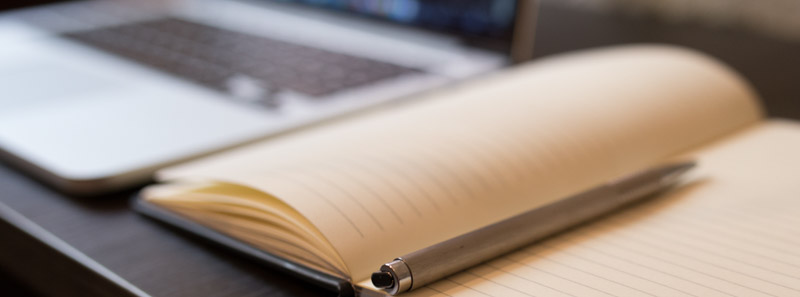Originally published in The Guardian
First, the good news: even in these troubled economic times, there exist American public schools – like those of the Lower Merion district in the suburbs of Philadelphia – prosperous enough to distribute laptop computers to every kid enrolled in the high school.
Now the bad news: school officials could also afford to install webcams on those computers, and remotely activate the cams to spy on students and their families at home.
Such are the allegations listed in Robbins v Lower Merion School District, a class-action lawsuit filed in a Pennsylvania courthouse last Wednesday. The webcam activity came to light after the school’s assistant principal Lindy Matsko disciplined a student for “improper behaviour in the home,” and used a webcam photo as evidence. (The district admits the webcams were there, but insists they were merely an anti-theft device, and furthermore that the school did nothing wrong.)
Matsko’s chutzpah is just the latest (and most extreme) example of American public schools’ growing insistence that they have authority over students, not just in school hours and on school grounds, but every moment of the student’s pre-graduation life.
My own state of Connecticut is a shameful trailblazer in that regard. Four years ago, a then-high-school student named Avery Doninger was removed from her elected position as class secretary, as punishment for a blog post she’d written (at home) calling unnamed administrators “douchebags” for cancelling an in-school music festival that students had spent months trying to organise. When new class elections were held, administrators kept Doninger’s name off the ballot. She won anyway, in a write-in election, but the school refused to count the votes.
Doninger and her mother sued, on the grounds that school officials have no authority over what students say or write at home. Judges so far have ruled in the school’s favour, though Doninger has not yet exhausted all appeals. If that ruling is allowed to stand, every public school in America will have complete authority over everything students say, write and do, on campus and off, from the moment they enrol in kindergarten until they get their diplomas some 13 years later.
Though even if the Doninger precedent becomes American law, I doubt any court will give schools the right to secretly spy on students and their families at home. As the Lower Merion lawsuit points out, “Many of the images captured and intercepted [by the webcams] may consist of images of minors and their parents or friends in compromising or embarrassing positions, including, but not limited to, in various stages of dress or undress.”
Before graduation, every schoolkid in the US takes at least one civics class, where they’re told how spiffy it is to be a free citizen of a free nation with liberty and justice for all. But what lessons do today’s kids really learn about their country? “You have the right to shut the hell up and do what you’re told. Authority is to be obeyed, not criticised. What you say or do at home is someone else’s business. Oh, and if school administrators want to spy on you in your bedroom (or watch your parents when they attempt to make you a sibling), that’s okay too.”
